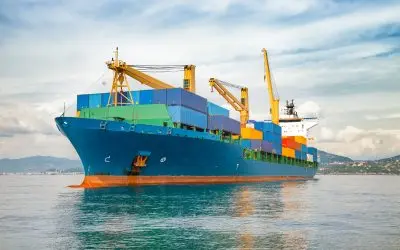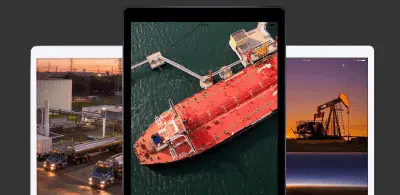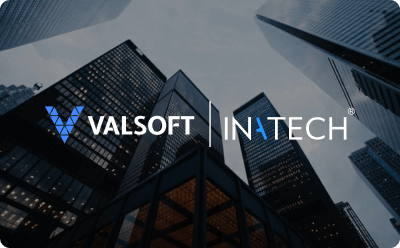The new IMO2020 regulations: how to offset some of the increased operating costs - Inatech
- February 9, 2022
- Posted by: Tom Hedge
- Blogs

IMO 2020 is now upon us and with the likelihood that your business is faced with increased operating costs as a result of the change in regulations, what are your options?
Mitigate the cost of compliance
Faced with rising costs, potential fuel availability issues and quality problems – is there anything that can be done to help mitigate the costs of compliance?
Something we have found that is helping operators effective manage costs is the adoption of a fuel procurement strategy.
It can help streamline processes, control fuel costs, while also ensuring compliance.
Other benefits to operators include:
- Better planning – Delivering operational efficiency, improving fuel supply accuracy and ensuring you get the best deals on fuel.
- Effective negotiation – Having up to date information about the bunkering market puts you in a much better position to negotiate with fuel traders.
- Managing supplier performance – Tracking suppliers on key performance KPIs allows you to be better informed about local market conditions.
- Easily handling claims – By monitoring fuel quality and by keeping lab reports and fuel delivery notes in one place and having easy access to all this information you can ensure you aren’t caught out and forced to make an expensive claim later on.
Technology makes managing your fuel procurement easier
Deploying technology and using specialist procurement software can simplify the whole fuel purchasing process.
When looking to buy a specific fuel procurement software product it is recommended that you need to:
- Consider a product that covers the entire procurement process from handling fuel RFQs, to order management, fuel delivery, labs, claims, invoicing and reconciliation. One of the likely outcomes of the new global 0.5% sulphur regulations will be a decline in fuel quality. Make sure the software you choose can accurately record the quality of fuel burned, the sulphur content of fuel purchased and quantity purchased and as additional reassurance includes a robust claims management system should things go wrong.
- Be able to optimise fuel purchasing as 0.5% product availability may be limited in some areas. Great software will enable you to get the best product at the best price and avoid you needing to make unplanned fuel stops at more costly ports.
- Ensure you also include contract management to cover terms and conditions, negotiation, pricing rules and quantity agreements.
- Look for applications that offer supplier ratings, supplier history and document management so you can ensure you only do business with reputable suppliers.
- Thoroughly assess the reporting functionality of the software available. Analytics and easy to use dashboards give you the tools and access to the information you need to plan and develop an effective fuel procurement strategy, negotiate and develop a long-term outlook of the business. They also provide a view of real time information about credit lines, inventory and finances.
Offset some of the increased cost of compliance through better fuel procurement
By adopting an effective fuel procurement strategy now and implementing the very latest fuel procurement software you will put yourself into the best position to plan, negotiate, buy and comply and so ensure you’re ahead of the game in this new, more complex, regulated industry.
Book a demo or contact our fuel procurement experts
Inatech has developed Shiptech – a cloud-based bunker fuel management system specifically designed to ensure ship operators can buy the highest quality of fuel at the lowest price. Our experts are on-hand to help you navigate through the regulation minefield.


